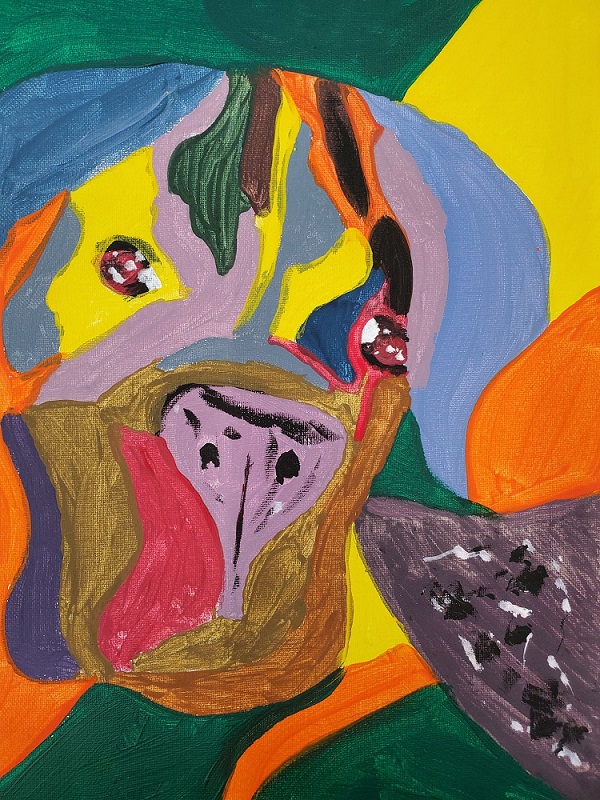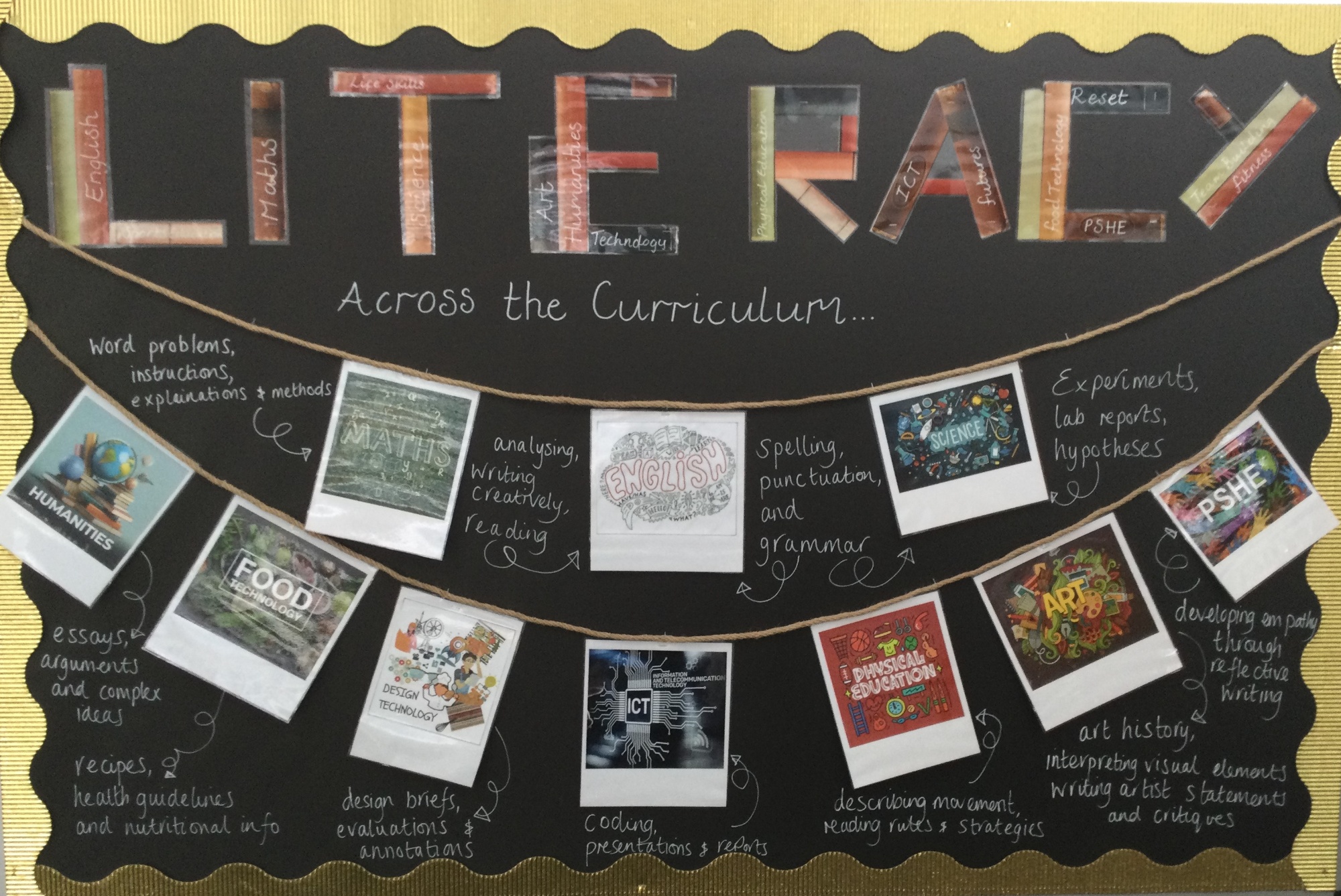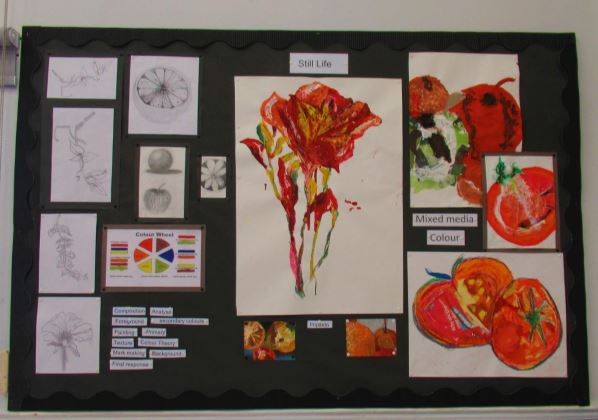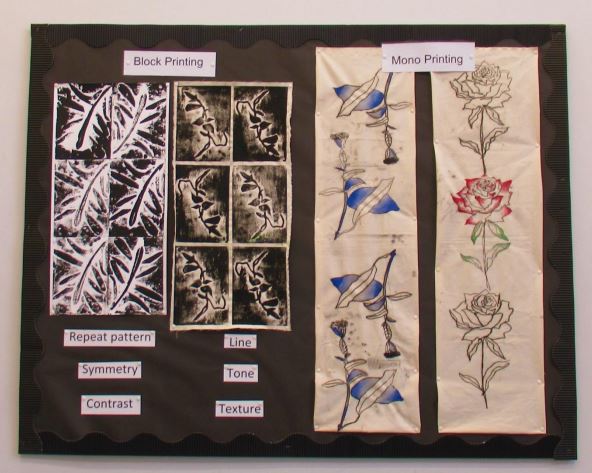Curriculum
Below is information in relation to Curriculum at Rivers KS3:
Mathematics
At Rivers we offer a varied and challenging programme of study: developing fluency, mathematical reasoning and problem solving.
We aim to
- be supportive and encourage independent learning
- encourage students to take pride in their progress in mathematical understanding
- match curriculum objectives to each student
- collaborate with stakeholder schools when indicated
English
KS3 English Curriculum Overview
Our KS3 English curriculum at Rivers is designed to re-engage learners with rich, diverse texts and meaningful writing opportunities. We aim to build confidence, foster creativity and develop essential literacy skills that support academic progress and personal growth.
Curriculum Intent
Our curriculum is rooted in the belief that every pupil deserves access to powerful stories, language, and ideas. Through carefully chosen topics, we nurture curiosity, empathy and critical thinking. We prioritise reading for pleasure, expressive writing and spoken language to help pupils find their voice and succeed across the curriculum.
Curriculum Implementation
Pupils explore a broad range of texts and genres KS3 and here is our current curriculum:
Half Term 1 - Coraline: A modern novel study that introduces narrative structure, character development and themes of courage and identity.
Half Term 2 - Gothic Literature: Pupils delve into atmosphere, setting and suspense through extracts from classic and contemporary gothic texts.
Half Term 3 - Poetry from Other Cultures: A thematic approach to poetry encourages analysis of language, structure and emotion, while promoting creative responses.
Half Term 4 - Macbeth: Shakespeare’s tragedy is made accessible through active learning and exploration of ambition, power, and fate.
Half Term 5 - Crime Writing: Pupils investigate mystery and tension through short stories and non-fiction, developing inference, analytical skills and also creative writing.
Half Term 6 - Travel Writing: This unit inspires descriptive and reflective writing, using real-world contexts to build vocabulary and voice.
Each unit is designed to be inclusive, engaging, and adaptable to individual needs, with a strong focus on literacy development and cross-curricular links.
Curriculum Impact
We assess progress through formative feedback, pupil voice and regular literacy checkpoints.
Our curriculum supports improved reading ages, increased writing stamina and greater confidence in speaking and listening. Pupils leave Rivers with a stronger sense of identity as learners and communicators.
Literacy
At our Key Stage 3 Centre, we believe that literacy is the foundation for success in every subject. Our Literacy Across the Curriculum display showcases how reading, writing, speaking, and listening are embedded across all areas of learning, from Science and Maths to Art and PE. Each subject contributes to developing our pupils' literacy skills in meaningful and engaging ways, helping them become confident communicators and critical thinkers. This whole-school approach supports our commitment to raising achievement and fostering a love of language in every classroom.
Science
Science lessons inspire and engage pupils in their learning to use keywords and explain their ideas. Pupils are taught how to plan their own investigations and analyse data. Lessons will give pupils an understanding of what they need to know by the end of KS3. The KS3 curriculum covers areas of Biology and Chemistry. Investigations and projects cover subjects such as The Earth and our Universe and Human Biology
Art
Throughout this academic year, pupils will be given the opportunity to work with a variety of media and be introduced to a wide range of techniques, in order to enhance and develop their skill set.
Pupils study a variety of Art topics including Natural Forms, Marine life, Abstract art, Still life, 3D Design, Portraiture and Architecture.
Students will be introduced to a wide variety of traditional and contemporary Artists to inspire and inform their own Art work. Textiles is also now offered as part of the Art and Design course at KS3, where students learn a wide variety of printing methods, such as block and relief printing, mono printing, stenciling and embellishment. Students are also introduced to using the sewing machines and techniques such as free machining and applique, and have this year contributed to a community project, creating a hanging to commemorate poppy day.
The skills learnt at KS3 are crucial elements of Art and Design that give pupils the necessary knowledge and skills required for further study at GCSE level, either back in mainstream or at KS4.

Food Technology
Throughout this academic year, pupils will look at various areas of food nutrition, healthy eating, hygiene (both personal and environmental), malnutrition and the impact of a poor diet. Pupils are also taught about food preparation and storage, allergies and intolerances, world and regional foods, components of a healthy diet, hazards, safe practice and specific benefits of foods. They will also have the opportunity to produce various savoury and sweet dishes and learn skills such as baking, grilling, frying, boiling, simmering, as well as preparatory skills in cooking including slicing, grating, chopping and peeling. This course of study is an ideal introduction to cooking skills which can be studied further at KS4 as part of the BTEC Levels 1 and 2 Cooking Skills course.
PE
In PE we develop the skills and techniques for a variety of games including; badminton, tennis, basketball, cricket, football and hockey. In the summer we develop our athletic skills learning to refine a variety of track and field techniques including; sprinting, long distance running, long jump, javelin and discus. Identifying key muscle groups and understanding the positive impact of a healthy lifestyle is also taught.
PSHE (Personal Social Health Education)
Within this broad subject area, we address issues that we feel are relevant to our young people, and we endeavour to support young people in their future as adults. We cover areas such as safe relationships, mental health and other social issues. We also look at religious education and cover most of the key religious cultures that are present in modern day society.




